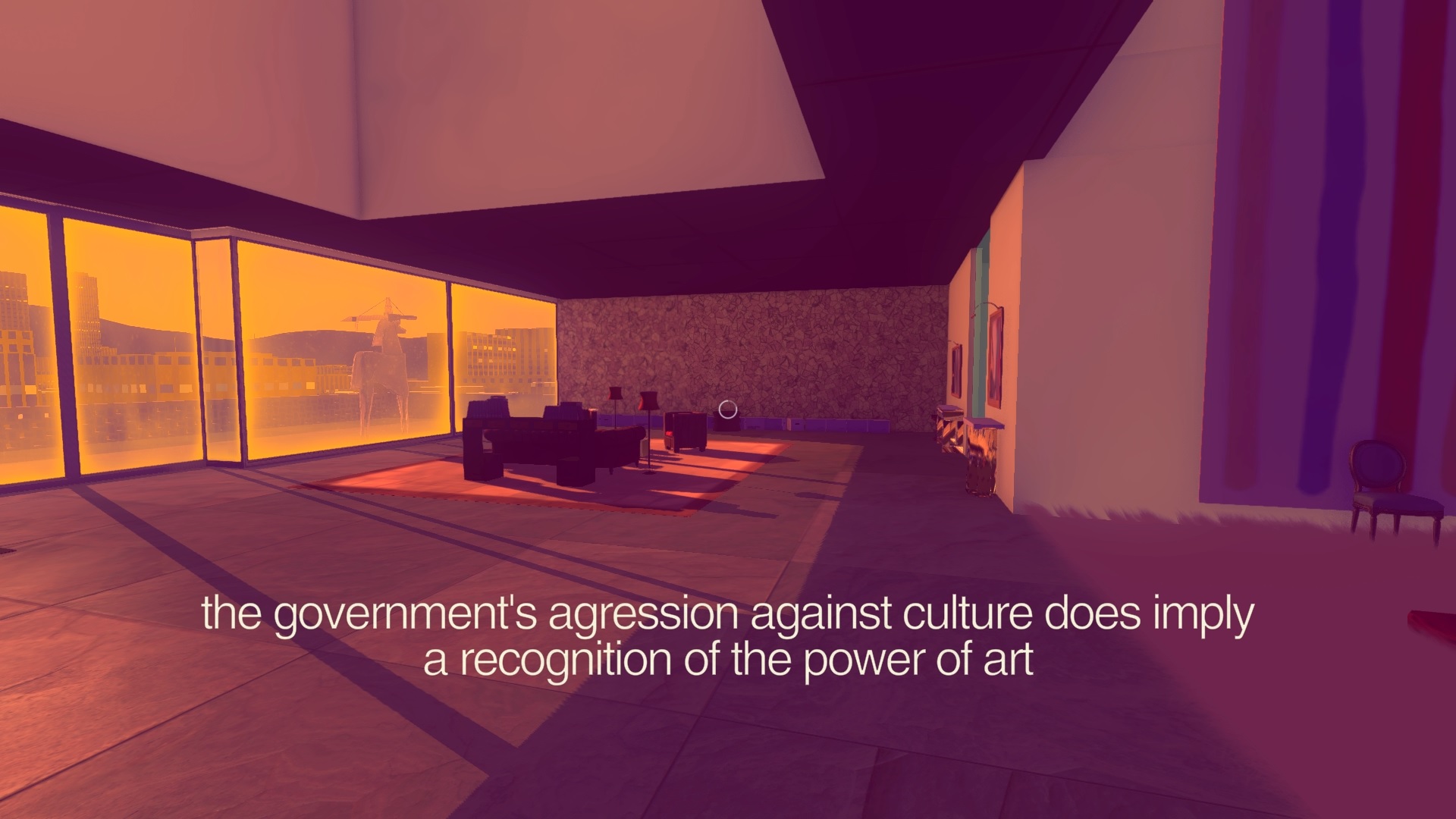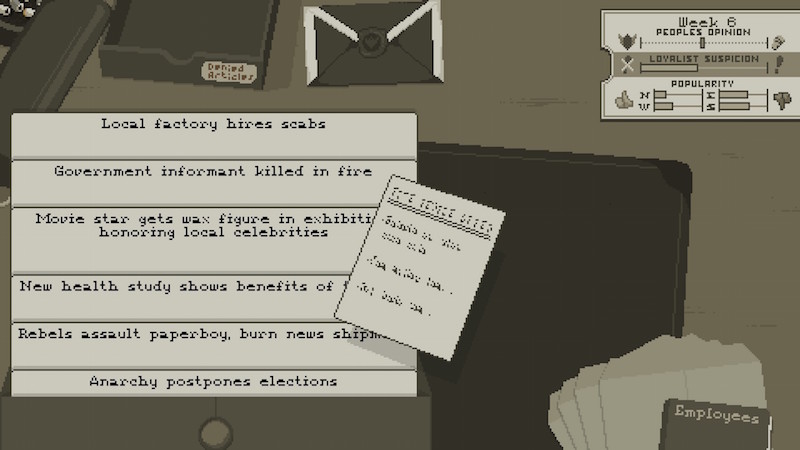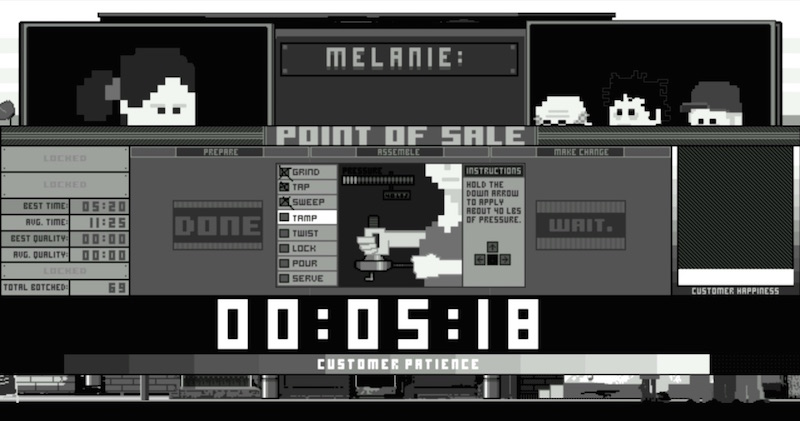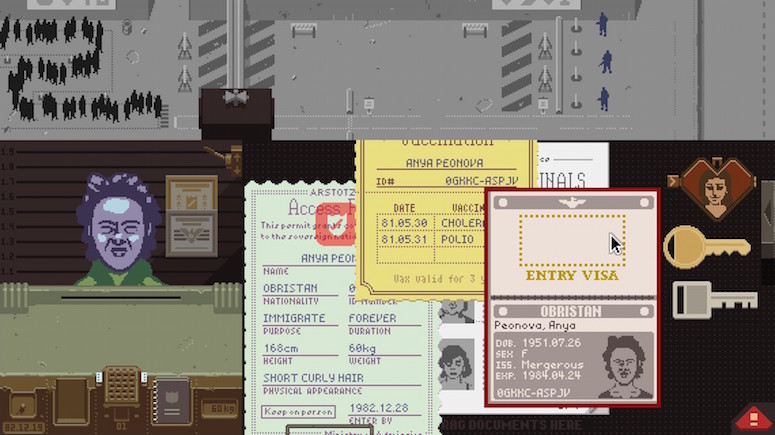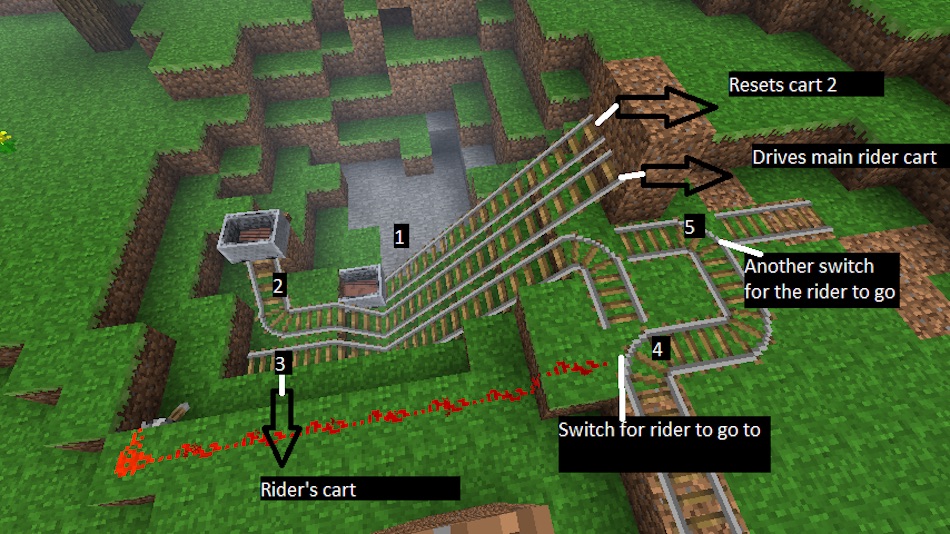
I’ve prattled on about Minecraft multiple times on the blog here—for instance, when I’ve named it one of the games of the decade, or talked about the relationship between its Life in the Woods mod pack and simulations of Walden-esque simple living. But did you know that I also prattle on about Minecraft in print?
Well, I do! My article “What Were ‘Minecart Boosters’? Minecraft, Digital Distribution and Preservative Labor,” published in a special issue of Journal of Fandom Studies Fan Endings, Transitions, and Revivals, edited by Rebecca Williams, is now online.
Abstract:
In recent years, online digital distribution has drawn attention to the myriad ways in which games exist as a dynamic and transitory object. Previously, genres such as the massively multiplayer online game had carved out a unique space in game studies in which version numbers, expansions and changes in player behaviour over time had to be methodologically accounted for. However, today even the relative stability of the single-player game has begun to dissolve as a logic of constant becoming overtakes staid notions of games as singular, fixed historical texts. This article examines this increasing temporal instability of games by turning to bug-exploiting tactics within the player community of the massively popular building game Minecraft (Mojang, official release 2011). In a focused case study, I will analyse the fate of ‘minecart boosters’, an emergent bit of folk exploit-engineering that allowed players to create perpetual motion machines in the game, with help from widely circulated knowledge about a specific bug in the game’s simulated physics during its alpha and beta stages. Given that the effectiveness of Minecart boosters was abruptly put to rest when the game’s beta version 1.6 finally patched this physics bug, it presents an excellent opportunity to discuss how fans of digitally distributed and updated games navigate the volatility of the objects they are devoted to, especially when this volatility can lead to the sudden and unexpected endings of cherished practices and modes of engagement. Here, bolstered by a close examination of fan discourses on message boards, the official Minecraft Wiki, and YouTube comment sections of tutorial and ‘let’s play’ videos, I argue that Minecraft encourages a fan logic of ‘upkeep’ as communities struggle to maintain stability of practices even when attached to a fluid, transitory object.
DOI link for those with institutional access here. I’ll be uploading a post-print version after a “cooling off” period.
And, with that, the “slew of announcements” I teased back in March is completed. It’s back to work for me …




